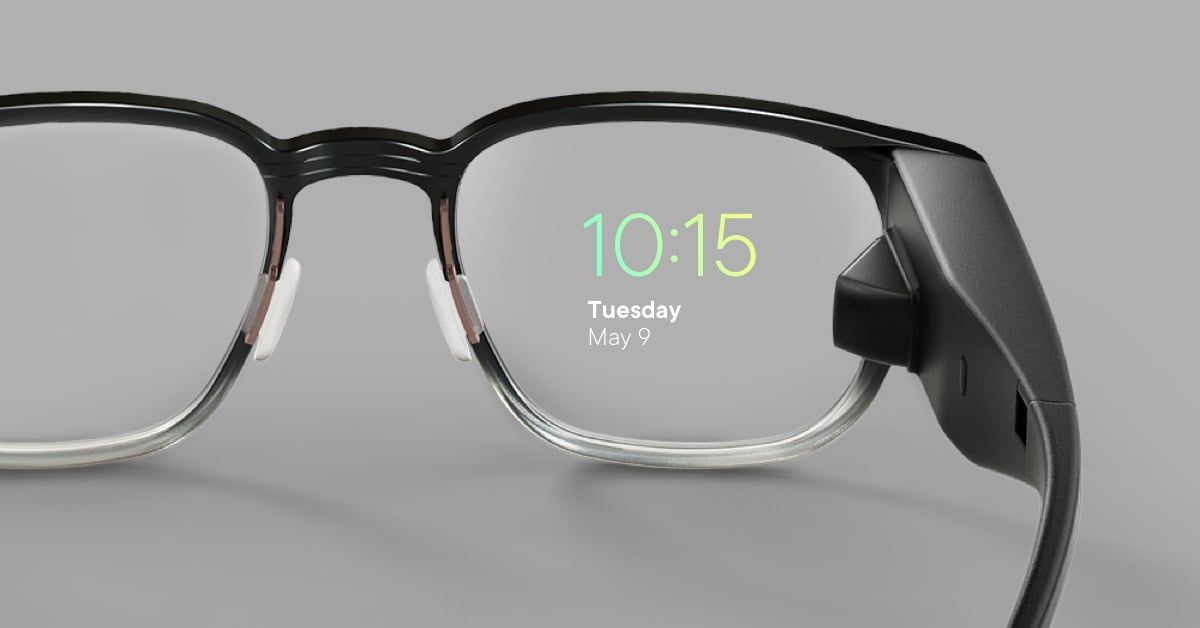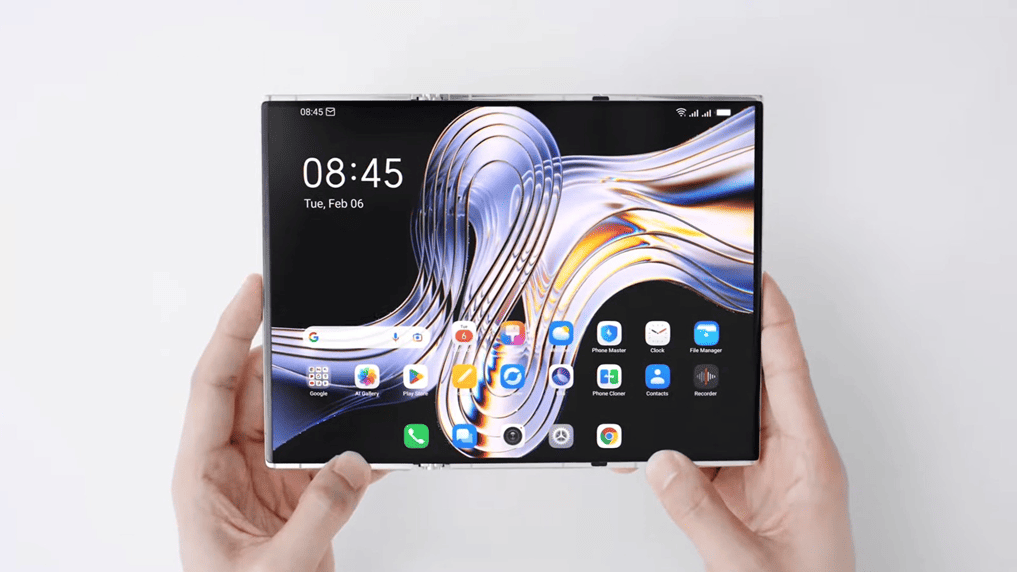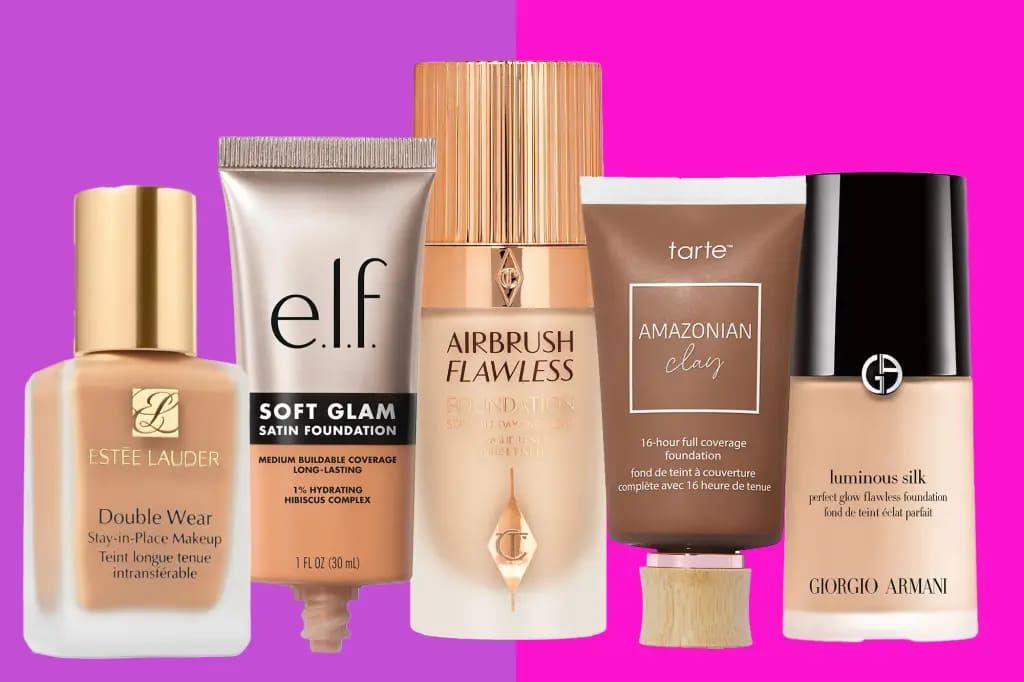Smart glass shipments are projected to top 3.75 million units globally this year, reflecting a historic expansion of the wearable technology market. The exponential growth is fueled by lightweight AR, AI advances and a growing need for hands-free devices in all sectors. As the market grows, a question that often pops in our mind is, which is the conference of companies in this competitive market?
A Brief Guide to Construction Jobs

1. Market Drivers and Trends
Smart glasses are in on the act with their versatility in various industries. In enterprise scenarios, smart glasses are helping to transform workflows through immersive experiences, remote assistance, real-time access to data and hands-free operations. Device manufacturers in the manufacturing, healthcare, logistics, and retail sectors are tapping into these devices to improve productivity and lower overhead costs. For example, technicians can use AR overlays to access repair manuals or tap subject matter experts, and healthcare professionals rely on smart glasses for telemedicine and surgical assistance.
Consumer uptake is also accelerating, owing to AR functionality in gaming, fitness and everyday presence. Brands are instead turning to slicker designs, better battery life and improved user experiences to attract a wider audience. Moreover, the rise in popularity of the metaverse and AR-based social platforms is also driving the need for smart glasses.
2. Global Market Segmentation — Key Players
Smart glasses from several companies are out to try to corner this market, each one with its own advantages. Here are some of the prime candidates:
Meta: Meta has leading into AR, thanks to Ray-Ban Stories smart glasses you already know about that are available on the market. The firm aims to develop AR glasses for the metaverse in which augmented reality (AR) will provide immersive experiences combining the digital and physical worlds.
Google: The Google Glass Enterprise Edition is still one of the strongest players in the industrial sector. You will come to know about the top 10 Enterprise solutions providers and the obstacles they had faced.
Microsoft: Microsoft was one of the FIRST-cloud gaming companies to available in past years; they have established the Smart glasses series for MR. Smart glasses is employed in sectors such as healthcare, education, and manufacturing, providing advanced AR capabilities and robust hardware.
Apple: Apple is widely expected to launch smart glasses. While rumors are circulating that the tech is building AR glasses that integrate effortlessly into its ecosystem, such innovation would raise the bar for consumer AR devices.
Snap: Snap's Spectacles have become a favorite for younger demographics, especially due to the AR-enabled social media functionality. The brand is committed to innovation, merging style with practicality, thereby catering to consumers with a sense of fashion.
Vuzix: Vuzix is a company specializing in smart glasses for enterprise applications. Well known for quality as well as price, its products are regarded as durable as well as effective, and preferred by the businesses.
3. Challenges and Future Outlook
In any case, regardless of the potential development, the smart glasses market will confront challenges, including lofty costs, restricted battery life, and security apprehensions. However, the technology has continued to evolve and is increasingly becoming available in more user friendly and ubiquitous devices. In the coming years, the market is set for even more potential growth customers as 5G connectivity, AI, and AR advancements mature. The eventual integration of smart glasses, their roles in shaping the metaverse, will almost certainly mean continued growth.
In conclusion, the rivalry among global individuals has come to a head as smart glasses sales are expected to exceed 3.75 million. With innovative solutions being put forward by market leaders such as Meta, Google, Microsoft, Apple, Snap and Vuzix, the market is edging closer to enabling applications that use AR and VR technology together, further fast-tracking market growth. Smart glasses are revolutionizing our relationship with technology, whether it is for enterprise use or consumer use, the potential of this technology is just starting to be discovered. Smart glasses have a bright future and the race for market dominance is on.


Guess you like
-

Natural Yeast Extraction: What Is Angel YE ?
-

Top Picks from Haus Labs: Must-Have Products to Try
-

How to Get the Best River Cruise Deals
-

Smart Glasses Set to Achieve Exponential Growth This Year: Who Leads the Global Market?
-

A Fierce Fashion Rivalry Between Loewe and Miu Miu: How Should Consumers Choose?
-

No Time for the Gym? Here Are Essential Home Workout Equipment You Need
Trending
-
1

Kim Kardashian vs. Kylie Jenner: A Deep Dive Into Which Beauty Empire Deserves Your Money
-
2

Finding the Perfect Foundation for Students: Gentle, Affordable, and Skin-Friendly Options
-
3

Avoid These Kylie Cosmetics Products: A Honest Review
-
4

Why Has Dior 999 Remained an Iconic Lipstick for Decades
-
5

Why Can Chanel No. 5 Endure Forever Among So Many Perfumes
-
6

Best Makeup Foundations for Flawless and Radiant Skin
Featured?Articles
-

Kim Kardashian vs. Kylie Jenner: A Deep Dive Into Which Beauty Empire Deserves Your Money
-

Finding the Perfect Foundation for Students: Gentle, Affordable, and Skin-Friendly Options
-

Avoid These Kylie Cosmetics Products: A Honest Review
-

Why Has Dior 999 Remained an Iconic Lipstick for Decades
-

Why Can Chanel No. 5 Endure Forever Among So Many Perfumes
-

Best Makeup Foundations for Flawless and Radiant Skin


